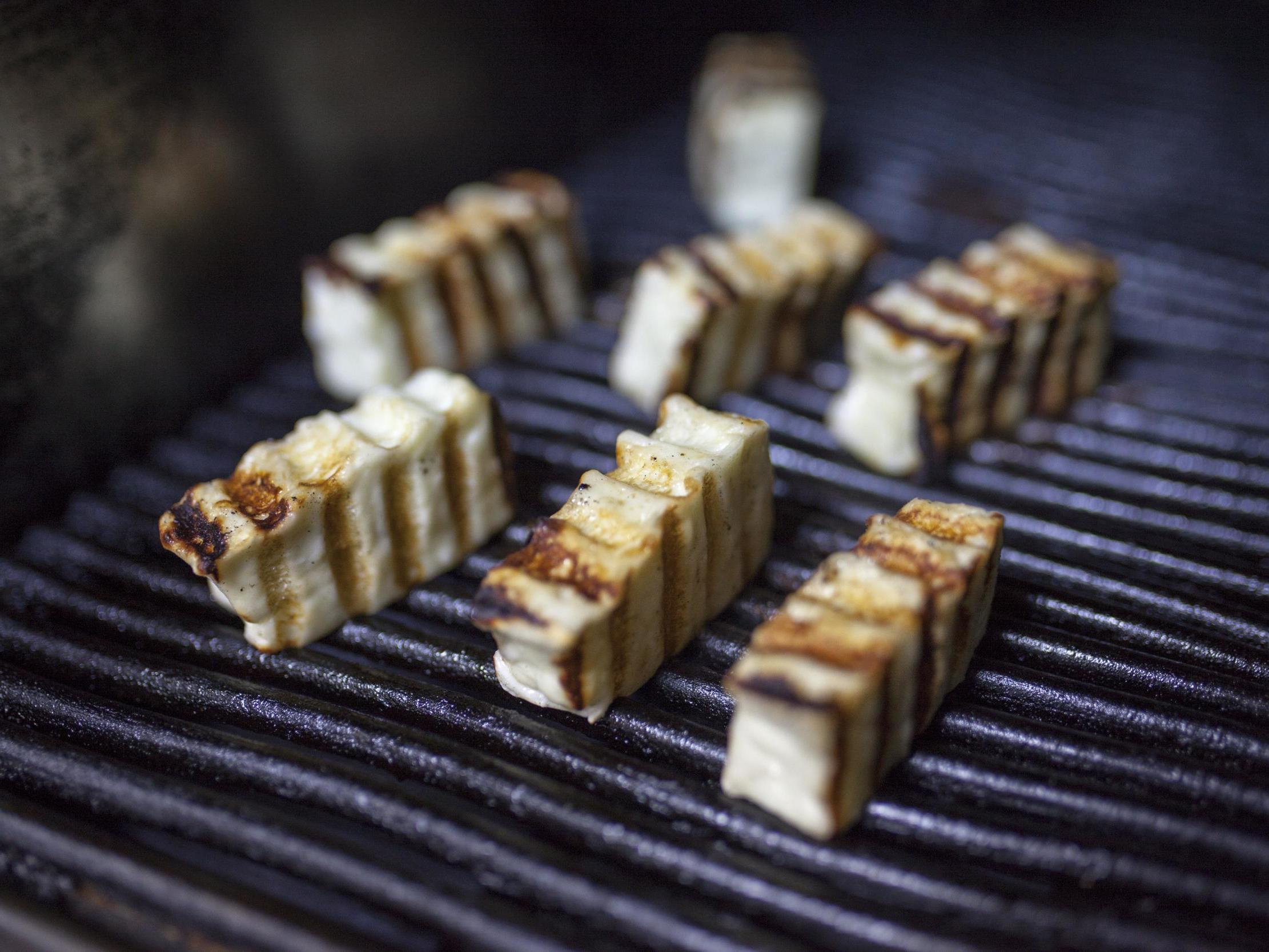New EU rules could cause a halloumi shortage in the UK, say suppliers
Britain is the biggest importer of Cypriot halloumi

New EU rules could mean a shortage of halloumi in supermarkets across Britain as suppliers struggle to keep up with growing demand.
Cyprus is the home of halloumi and exports around 40 per cent of the squeaky white cheese it produces to Britain – the biggest importer of halloumi worldwide.
Now the Cypriot government want the halloumi industry to receive an EU badge of authenticity, known as the Protected Designation of Origin (PDO), but according to farmers it could see Brits go without.
PDO is a set of legislation which tightens up rules on production and means products can only be given a certain name if they are made in a certain way or in a specific geographical area.
Products such as French champagne, Italian gorgonzola cheese, Melton Mowbray pork pies and Greek Kalamata olives have already been awarded the badge meaning they can only be sold with these titles if they are sourced from that specific territory.
Currently the Cypriot government is worried about imitation halloumi, labelled as ‘white grill cheese’ or ‘grillhoumi’, and wants to act to prevent these lookalikes by making halloumi a PDO.
But farmers say that the new rules and strict regulations this would bring would be the death of the industry and could see a 60 per cent reduction in output.
“The decision to register the PDO would be a suicidal decision for the halloumi industry,” Nikos Papkyriakou, of the Pan Cyprian Organisation of Cattle Breeders, told the Cyprus Mail.
Farmers complain that the regulations, such as the requirement for sheep and goats to eat five specific types of plant during grazing, are so exacting they cannot be met.
It would mean all halloumi would be required to have 50 per cent goat and sheep milk rather than the 20 per cent currently stipulated.
In addition farmers could no longer vary the shape of halloumi – many make ‘burger halloumi’ in a non-traditional round disc shape – as this detail will also be protected.
“If the new designation is adopted, it will be a disaster for halloumi makers,” Giorgos Petrou, the president of the Cyprus Dairy Producers Association, told The Telegraph.
The halloumi cheese sector in Cyprus is worth nearly €200 million a year to the island’s economy and employs around 12,000 people.
Join our commenting forum
Join thought-provoking conversations, follow other Independent readers and see their replies
Comments
Bookmark popover
Removed from bookmarks